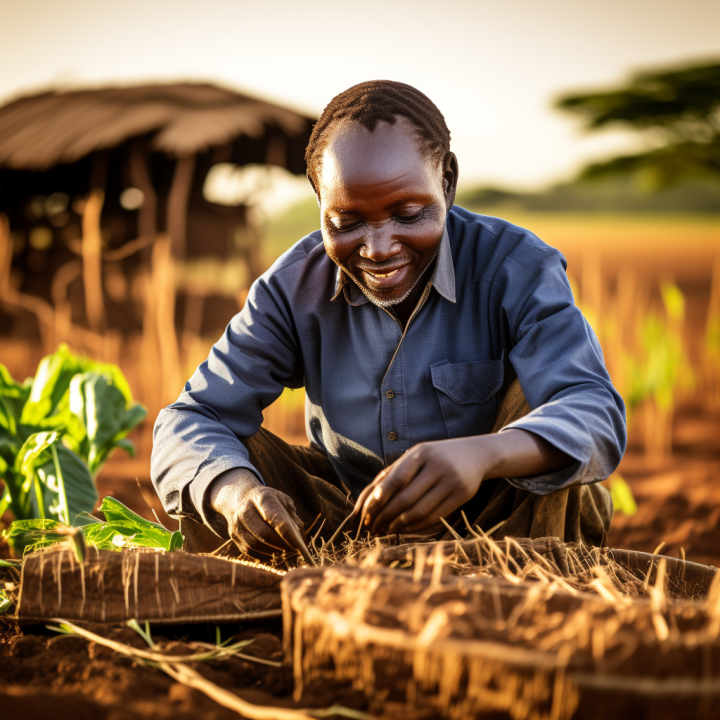Experts from the East African Community (EAC) recently convened in Nairobi to review the progress achieved within their respective industries and formulate recommendations aimed at enhancing growth and scaling up regional trade
The two-day workshop comprised of experts from EAC Partner States, the EAC Secretariat, East African Business Council and representatives from GIZ/GFA, and served as a platform for critical discussions and progress reporting. The aim was to identify quick wins and streamline collaborative efforts across the region.
In the fruits and vegetables sector, the experts emphasised the importance of harmonising agricultural and food safety standards within the region, while also highlighting the need to support the development and adoption of a code of conduct for farmers and exporters, aiming to strengthen self-monitoring frameworks. In addition, the experts stressed the significance of prioritising the development and improvement of quality planting seeds and seedlings. They also advocated for enhanced data collection mechanisms, utilising digital technology.
On the pharmaceuticals front, the experts noted significant ongoing projects, singling out the developments in Kenya where two Biovax vaccine manufacturing plants are being set up while in Rwanda, with a BioNTech Vaccines manufacturing plant is set to go to production by end of 2024. The meeting emphasised the importance of developing harmonised regulations and guidelines for pharmaceutical waste management across the EAC region.
On the leather sector, the experts highlighted the need for investment and adoption of modern processing technologies to address existing challenges. These challenges include the high cost of production and the production of low-quality leather products. To address these challenges, recommendations included the development of minimum acceptable standards for hides and skins, integration of quality leather requirements into animal husbandry practices, and implementation of subsidised exchange programmes.
Purity Kamau, acting on behalf of Dr Juma Mukhwana, Principal Secretary for Industry in the Ministry of Investments, Trade, and Industry, Kenya, underscored the significance of regional collaboration. Kamau also highlighted the EAC Industrialisation Strategy (2012-2032) as a pivotal framework guiding regional development efforts, particularly through strategic value chain interventions.
The report will be presented for further consideration to the Sectoral Committee on Industrialisation and the Sectoral Council of Trade, Industry, Finance, and Investment (SCTIFI) in May this year.
For more information, visit: https://www.eac.int/


